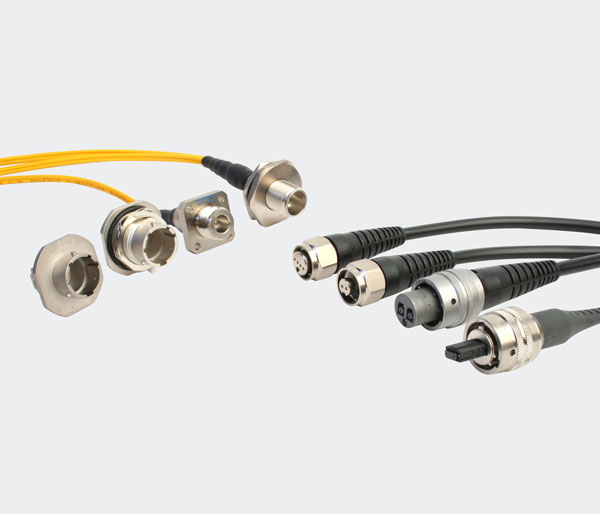The highly anticipated 2Africa submarine cable system is being further expanded, adding four new branches, expanding connections to Seychelles, Comoros and Angola, and adding a new landing point in southeastern Nigeria.
The 2Africa project is composed of technology giants and major telecommunications companies, including Facebook, MTN GlobalConnect, Orange, Vodafone, China Mobile International, Saudi Telecom (stc), Egypt Telecom and WIOCC.
The 2Africa project announced its initial plan for a 37,000-km-long optical cable in May 2020, saying that it will connect Europe (to the east via Egypt) and the Middle East (via Saudi Arabia), and make 21 landings in 16 countries/regions in Africa.
When 2Africa is put into use at the end of 2023, it will become the world’s largest submarine optical cable project, and promises to provide faster and more reliable Internet services in every country/region where it landed.
Alcatel Submarine Network (ASN), which is already building a system, has also been selected to deploy new branches. The new project joins the recently announced expansion to the Canary Islands and will increase the number of 2Africa landings in 26 countries/regions to 35, further improving connectivity with Africa and its surrounding areas.
Through other 2Africa cable landing, operator-neutral data center or open access cable landing station service provider will provide capacity on a fair and equitable basis. Considerable progress has been made in planning and preparation, and most of the submarine route survey activities have now been completed.
ASN has begun manufacturing cables and building repeater units at its plants in Calais and Greenwich to deploy the first network segments in 2022.
One of the key parts of 2Africa, the land border crossing point in Egypt, which connects the landing points on the Red Sea and the Mediterranean Sea through two completely different land routes, has been completed ahead of schedule. The third diversified ocean path will complement this part through the Red Sea.
Facebook participated in the construction of a number of submarine optical cables, and announced on Monday that it would cooperate with Google and PLDT to establish the Apricot submarine optical cable system, which connects Japan, Taiwan, Guam, the Philippines, Indonesia and Singapore. The Apricot cable will span 12,000 kilometers, and when connected to 2Africa, it will be possible to connect African countries with Asian counterparts.
The largest company in Silicon Valley, Facebook aims to meet the growing demand for 5G connectivity and broadband in Africa and Asia by increasing investment in regions with the greatest growth potential.
Currently, Facebook and Google owner Alphabet support about four-fifths of the investment in transatlantic data connections.
There are a total of about 400 submarine optical cables in the world, and they are responsible for the voice and Internet connections between almost all countries.




